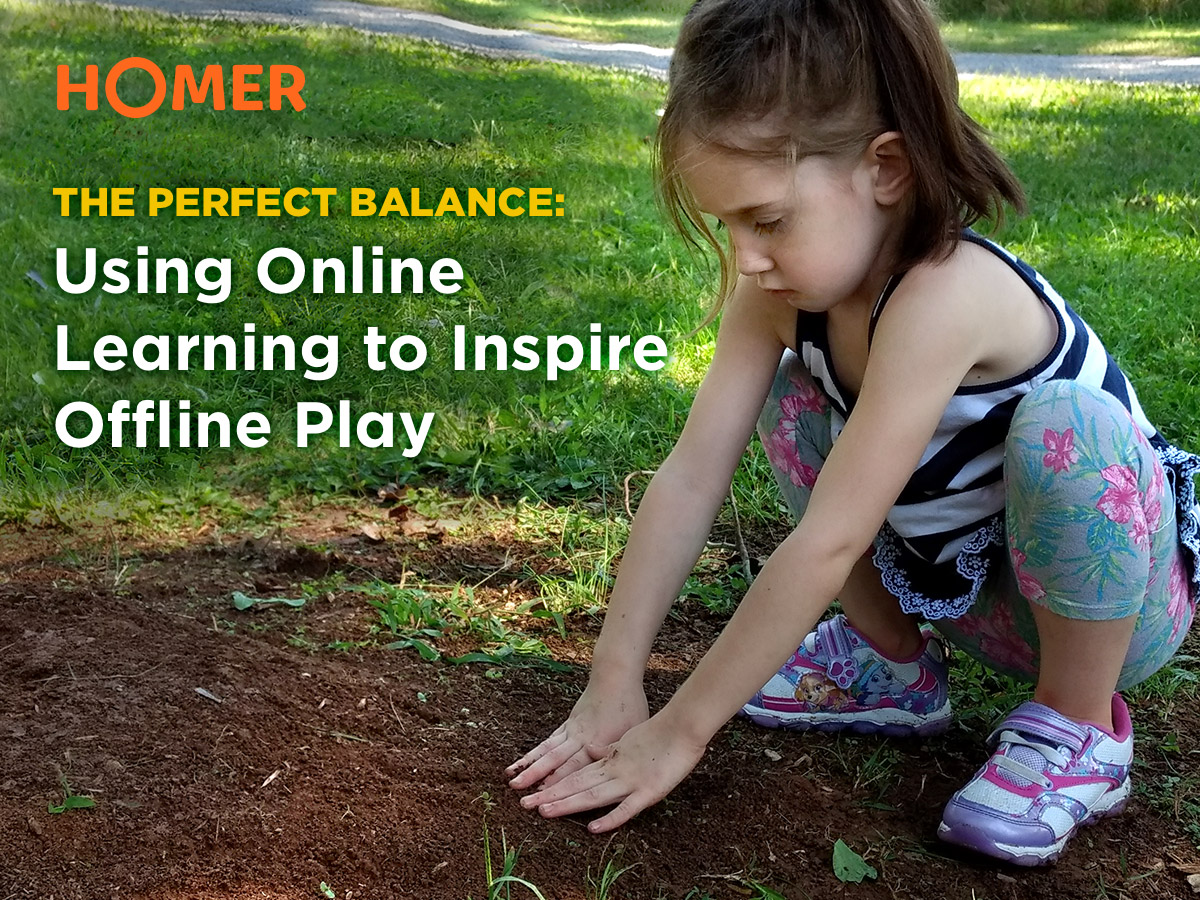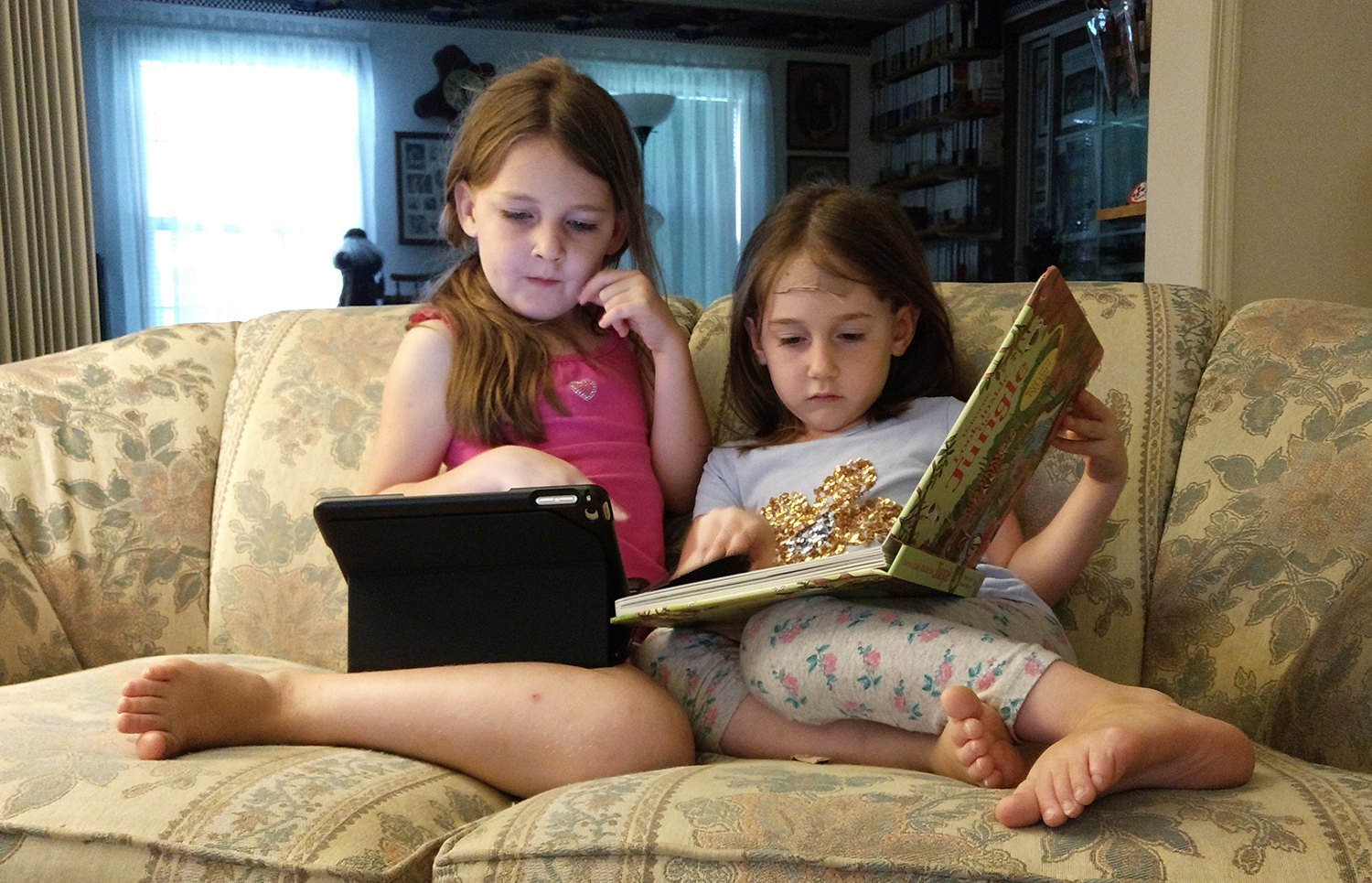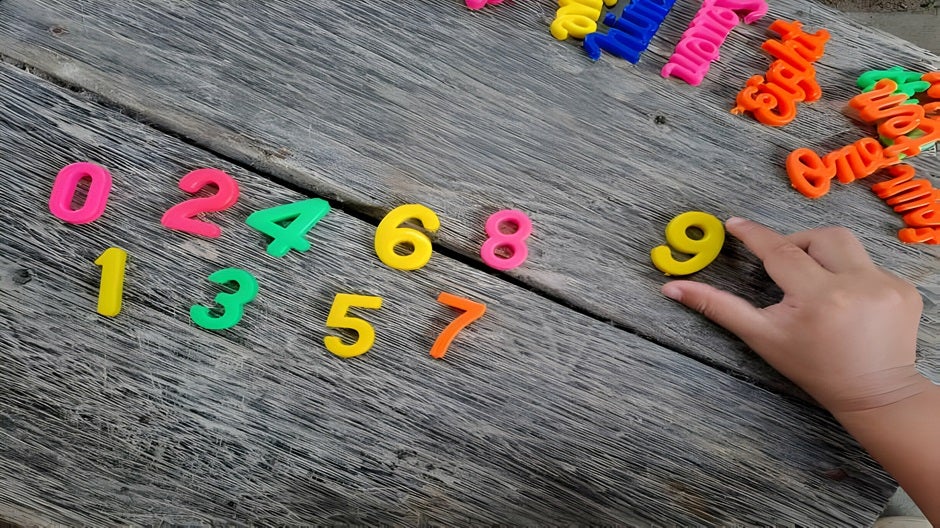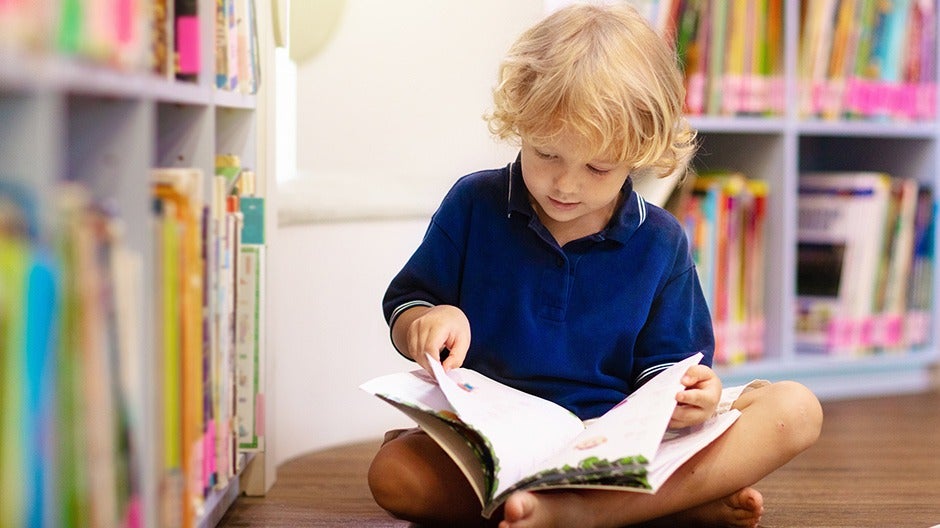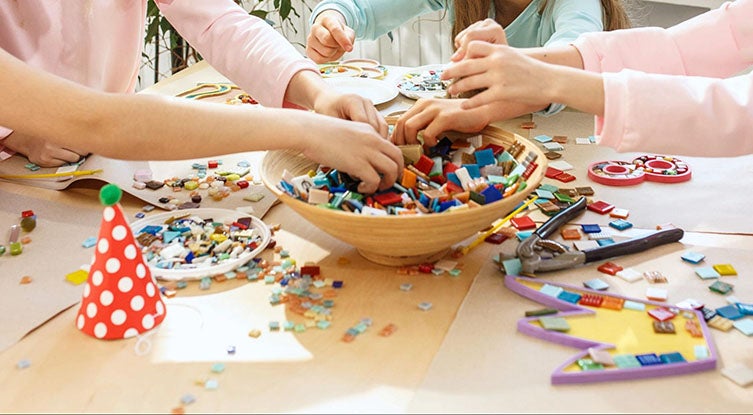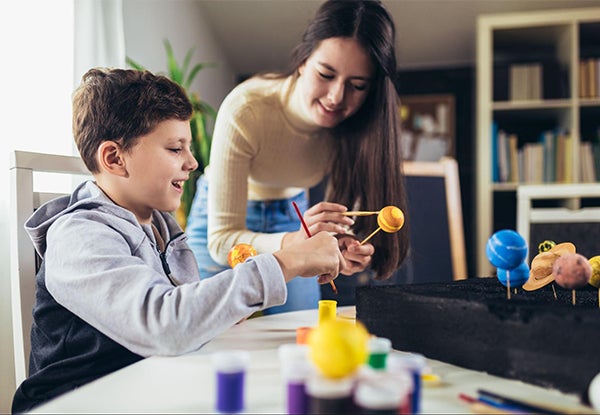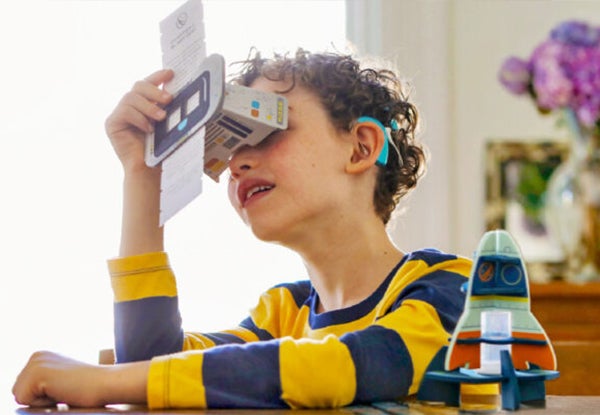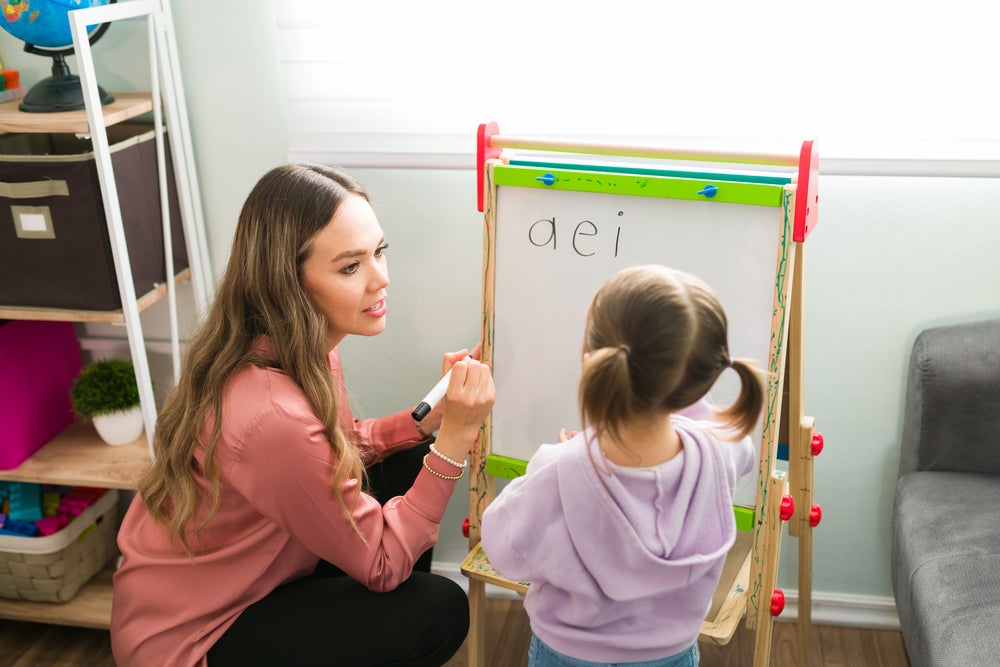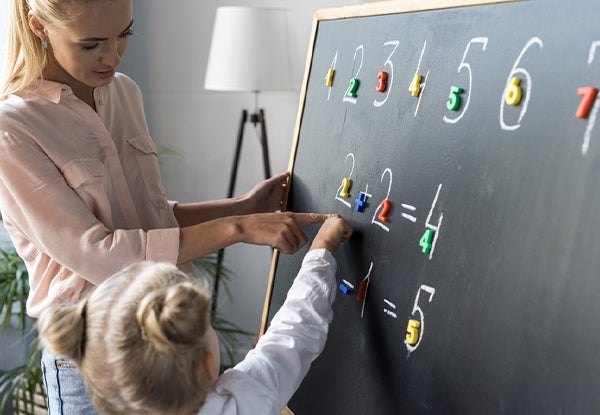By HOMER Mom Ambassador Rachael Harris
As a homeschool mom of three children, ranging from 19 months to 6 years old, with an early childhood education background, I’m a bit obsessed with a few key ingredients in raising healthy, successful children. Building great literacy skills, creating healthy screentime habits, and playing outdoors are top priorities. While building literacy may not seem to have much to do with screentime routines or playing outdoors, each is essential to a child’s development. Our family experienced just how connected these things are when we moved to Murfreesboro, Tennessee a while back and had to rearrange our entire family routine to get the right mix of each ingredient into our day.
One of the great joys of our move (and of our new routine) was the discovery of the Nashville Public Library. The Children’s Room in the Main Nashville Library is the perfect combination of literacy and play – making reading feel FUN with a rock wall, a miniature play-scale replica of Nashville’s skyline, marionette puppet shows, and story times. (I know! Most libraries have story times, but nothing compares to the one at the Nashville Public Library!) We also discovered these super-cool tablets with an amazing online learn to read program on it that my children loved: HOMER. Every time we would go to the library, my children would play with Homer, learning letter sounds and new words and enjoying the fun, purposeful interactions that teach reading.
When Homer became available to us through another membership we have, I didn’t know what it was until my oldest and I began to explore the app. She excitedly yelled, “MOM! IT’S THE NASHVILLE LIBRARY GAME!!!” My preschooler, who was trying to figure out what all the excitement was about, got the biggest eyes when she saw the Wickles – the adorable creatures who help guide children through their learning! I, of course, had a proud parenting moment, feeling pretty brilliant that I’d chosen the same learning program that the LIBRARY had. (HA! We have to celebrate those wins when we can 😉
HOMER has been the best program I’ve found for meeting my children where they are and letting them be in charge of their own learning journey (kids do not get to be in charge of much in their little lives, and it feels good for them to direct themselves!) It has also been a great springboard for offline play for our family.
There is a lot of worry among my mom friends and I about screentime and too much of it. I believe we can create a balance between healthy screentime (like Homer) and offline time to benefit our children even more. I am really big on getting my children outdoors and leaving the screens behind. Here’s why: being in an outdoor classroom connects your spirit to your world. It creates empathy and respect for the world (ie. we are more likely to take care of it). When we are outdoors without screens or toys, we learn to think creatively and to use invented “toys” in new and creative ways (ie. Sticks and rocks can become letters or utensils or building blocks for houses, and so many other things. More on this here.)
Because I value outdoor time and literacy so much, and because my kids love to play on their tablets, I have been so grateful for how Homer has helped me connect literacy learning, screentime, and outdoor time for our family. Homer’s activities are perfect for building easy offline learning extensions throughout the day or week.
Here’s a great example: Meet the Letter stories and Power Words are some of our favorite features of the HOMER app. My kiddos listened to the Letter A and Letter E stories (their choices), and then they explored the Power Word stories “Cake” and “Mom.” When their screentime was up, we headed outdoors to find things that start with those letters. We used nature to form letters and words. We used dirt and water to make our own chocolate cake for “Mom’s Day.” HOMER has now been the springboard for hours of literacy-integrated play that extends far beyond the screen! HOMER makes my kids more excited to play outside.
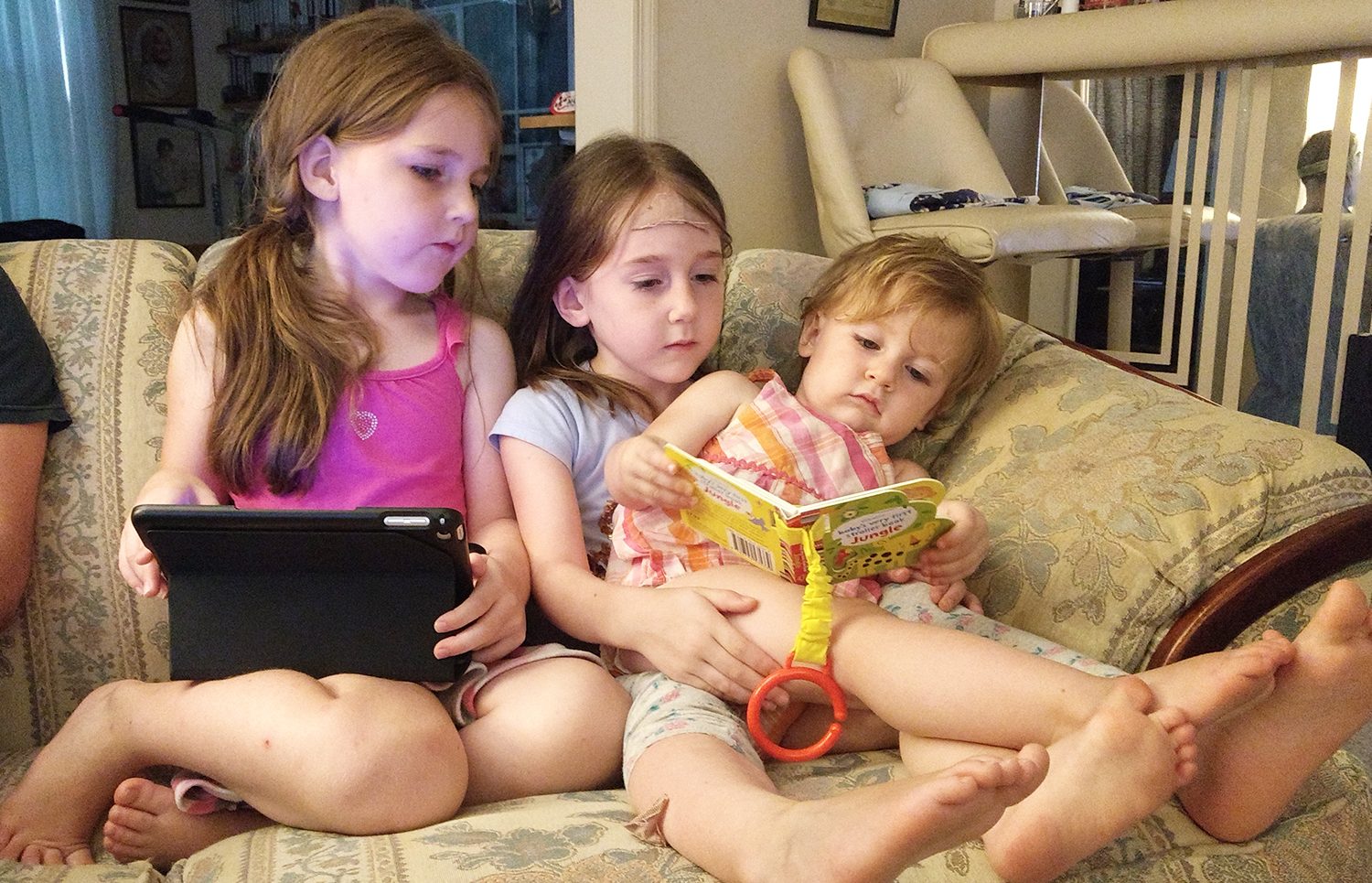
I find that the best part of HOMER is that now we are in a routine, there is never a fight about leaving the screen. They are starting to see the screen as a tool to inspire other kinds of play rather than as something they need to obsess over!
